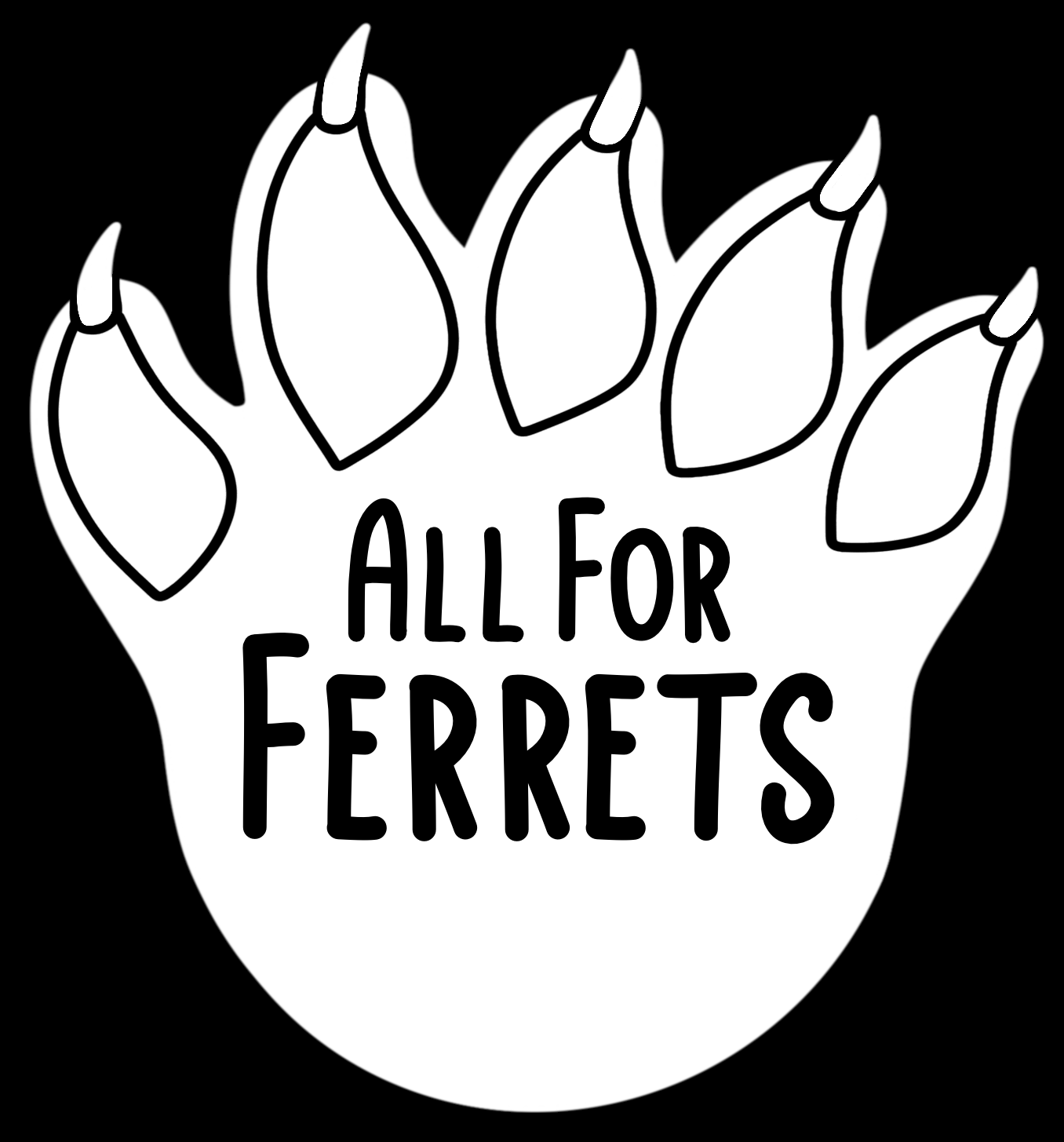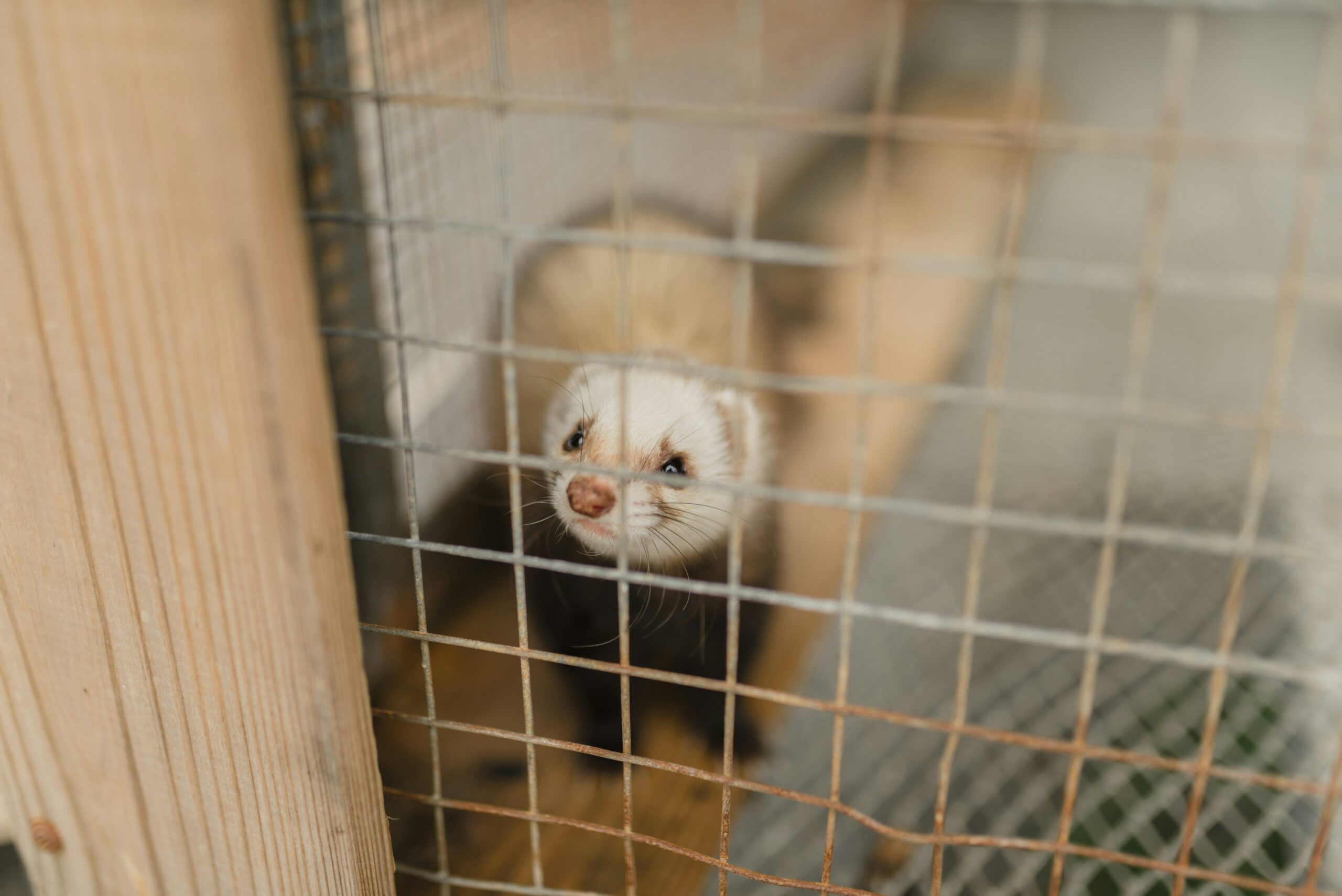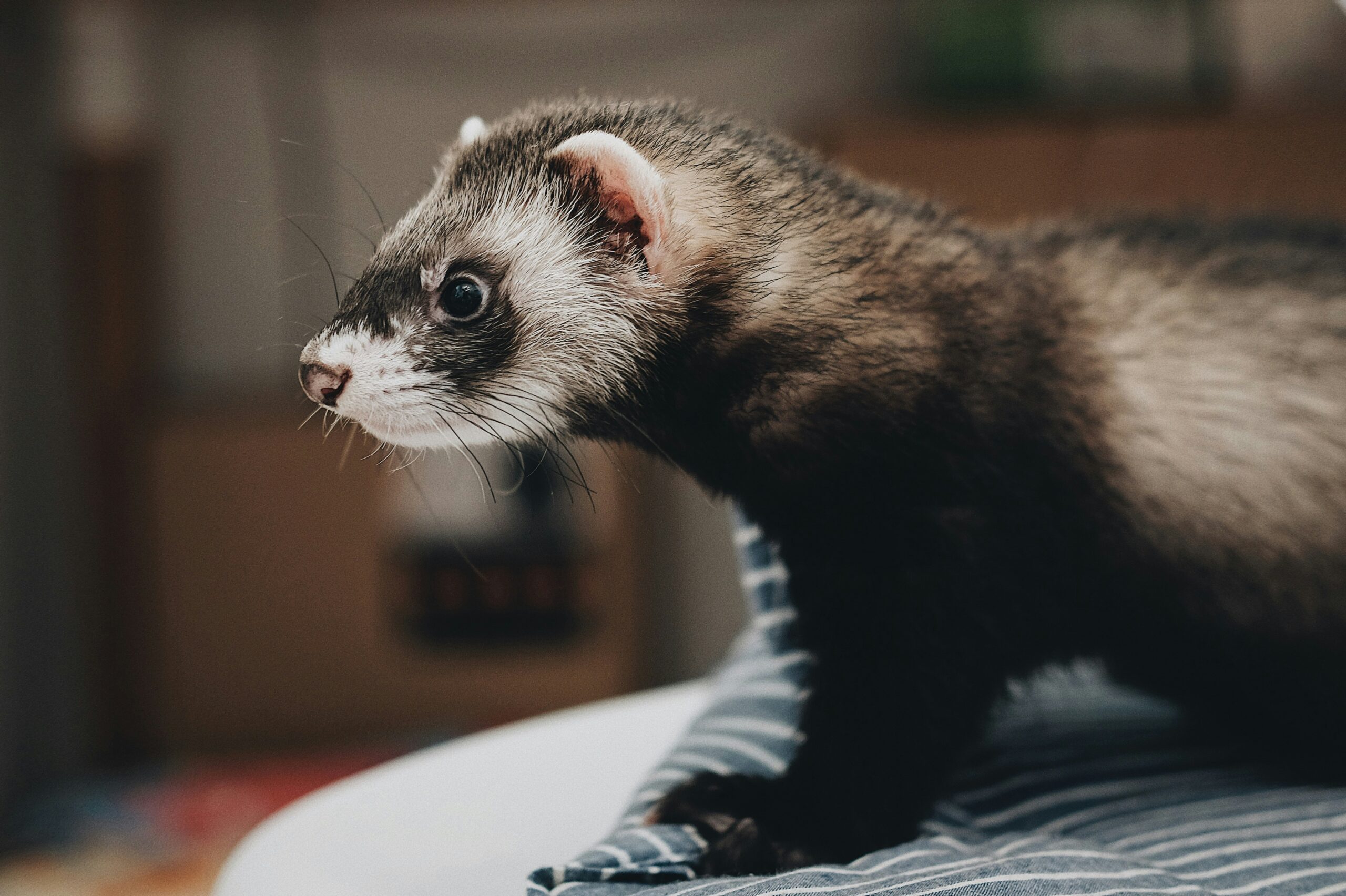Can ferrets eat peanut butter? Ferrets are curious, playful, and energetic pets that often get into everything, including their owners’ snacks. One common question among ferret owners is whether it’s safe to share peanut butter with their furry friends. While peanut butter is a popular treat for many animals, it’s important to understand the specific dietary needs and potential risks for ferrets before offering them this human food.
Risks of Feeding Peanut Butter to Ferrets
Ferrets have very particular dietary requirements. As obligate carnivores, their digestive systems are designed to process a diet primarily consisting of meat. Foods that are high in sugars, carbohydrates, and fats can be problematic. Peanut butter, which is high in fat and often contains added sugars and salt, poses several risks to ferrets:
- High Fat Content: Ferrets can struggle to digest the high fat content in peanut butter, which can lead to gastrointestinal issues and obesity. Over time, excessive fat can also contribute to pancreatitis.
- Sugars and Additives: Many commercial peanut butters contain added sugars, salt, and artificial additives, which are harmful to ferrets. Sugars can cause spikes in blood glucose levels, leading to insulinoma, a common and serious condition in ferrets.
- Choking Hazard: The sticky texture of peanut butter can be a choking hazard, particularly for small animals like ferrets. It can also cause blockages in their digestive tract.
Symptoms of Peanut Butter Toxicity
If a ferret consumes peanut butter, it’s crucial to monitor for any adverse reactions. Symptoms of peanut butter toxicity or digestive distress in ferrets may include:
- Vomiting or Diarrhea: Initial signs of gastrointestinal upset.
- Lethargy: Lack of energy or unusual tiredness.
- Loss of Appetite: Refusal to eat or drink.
- Abdominal Pain: Indicated by hunching, whining, or sensitivity to touch.
- Excessive Salivation: Drooling can occur due to nausea or difficulty swallowing.
If any of these symptoms occur, it’s essential to consult a veterinarian immediately. Prompt action can prevent more serious health issues.
Safe Treat Options for Ferrets
While peanut butter isn’t suitable for ferrets, there are plenty of other treat options that are safe and nutritious. Here are a few suggestions:
- Meat-Based Treats: Ferrets thrive on a diet rich in animal protein. Cooked, unseasoned meats like chicken, turkey, or lamb make excellent treats.
- Ferret-Specific Treats: Many pet stores offer treats specifically formulated for ferrets, ensuring they meet their dietary needs without harmful additives.
- Eggs: Small portions of scrambled or boiled eggs can be a delightful and healthy treat for ferrets.
- Raw Bones: Providing raw bones (never cooked, as they can splinter) can help with dental health and provide a natural source of nutrition.
- High-Quality Ferret Food: Using kibble or wet food formulated for ferrets as occasional treats can ensure they receive balanced nutrients.
Conclusion
In conclusion, while it might be tempting to share peanut butter with your ferret, it’s best to avoid it due to the potential health risks. Ferrets have unique dietary needs that are best met with animal-based proteins and ferret-specific foods. By choosing appropriate treats, you can keep your ferret happy, healthy, and energetic without compromising their well-being. Always consult with a veterinarian if you have any concerns about your ferret’s diet or if they consume something potentially harmful. With proper care and attention, your ferret can enjoy a variety of safe and tasty treats.
Related post you might find interesting: Can Ferrets Eat Chocolate? Understanding the Risks and Precautions


